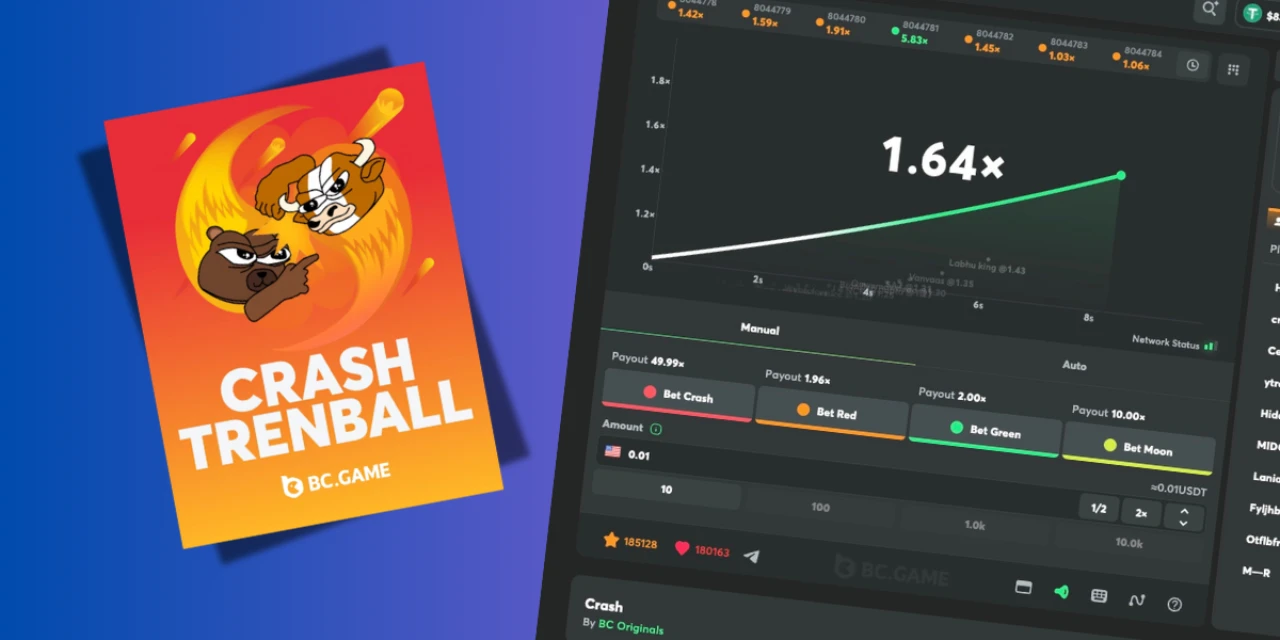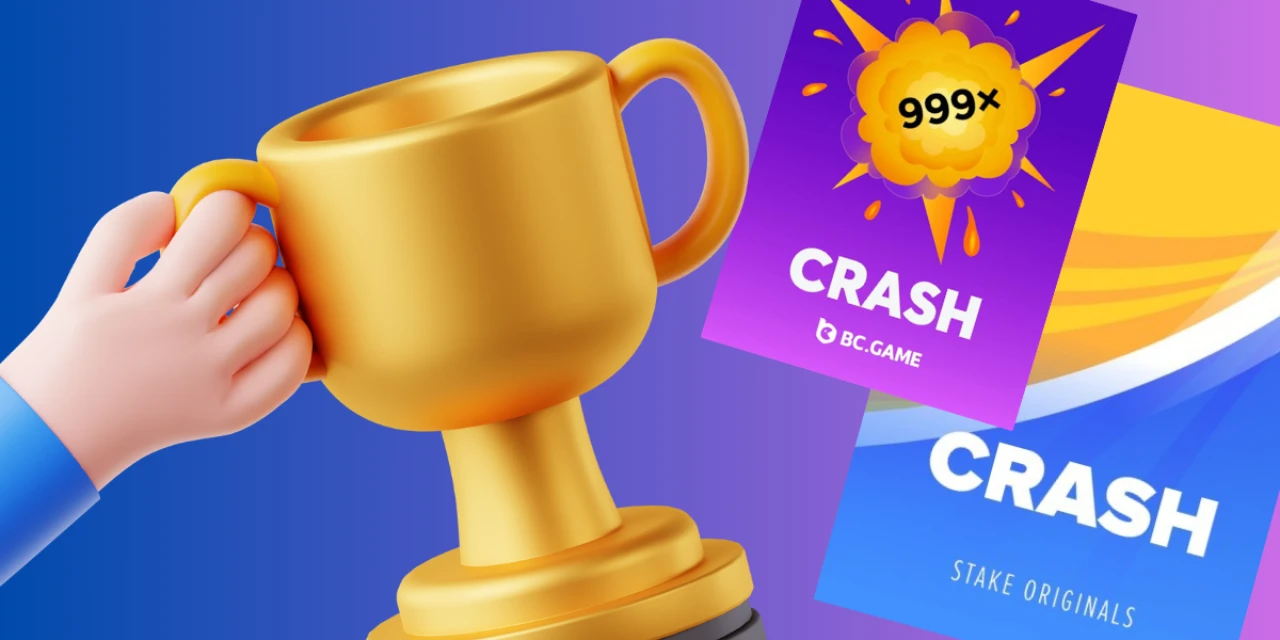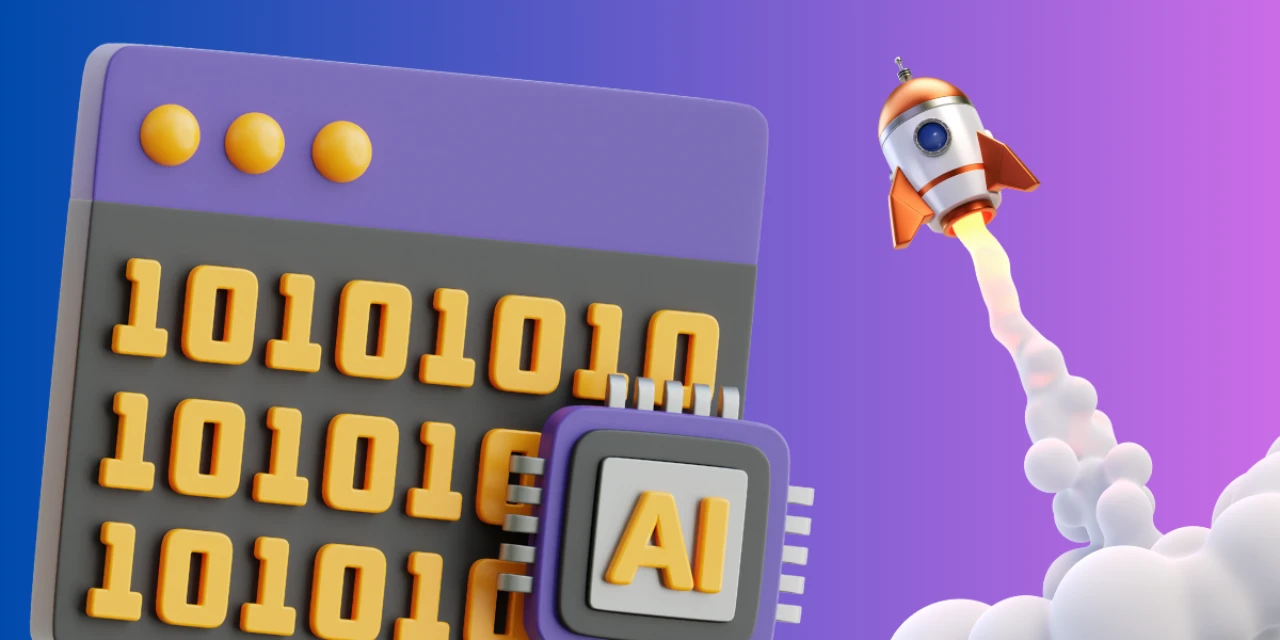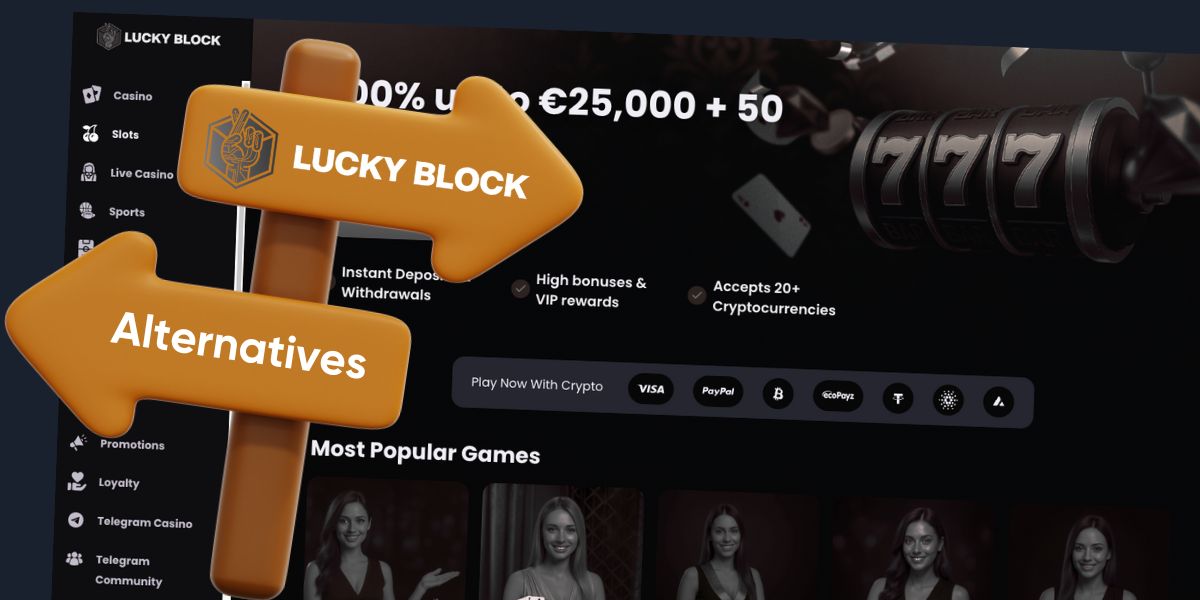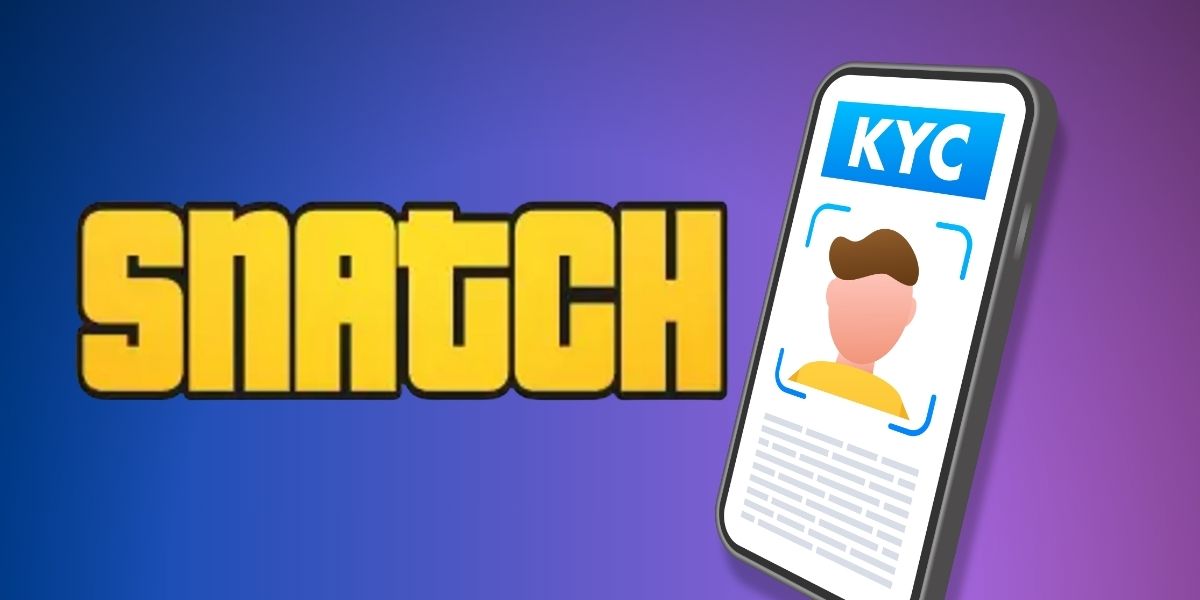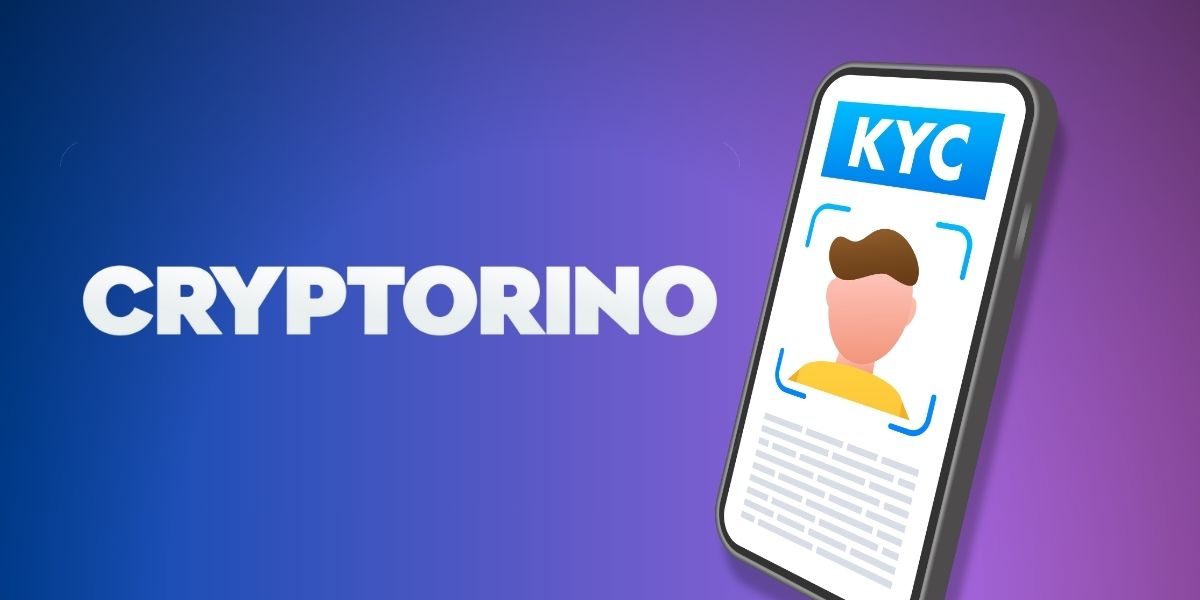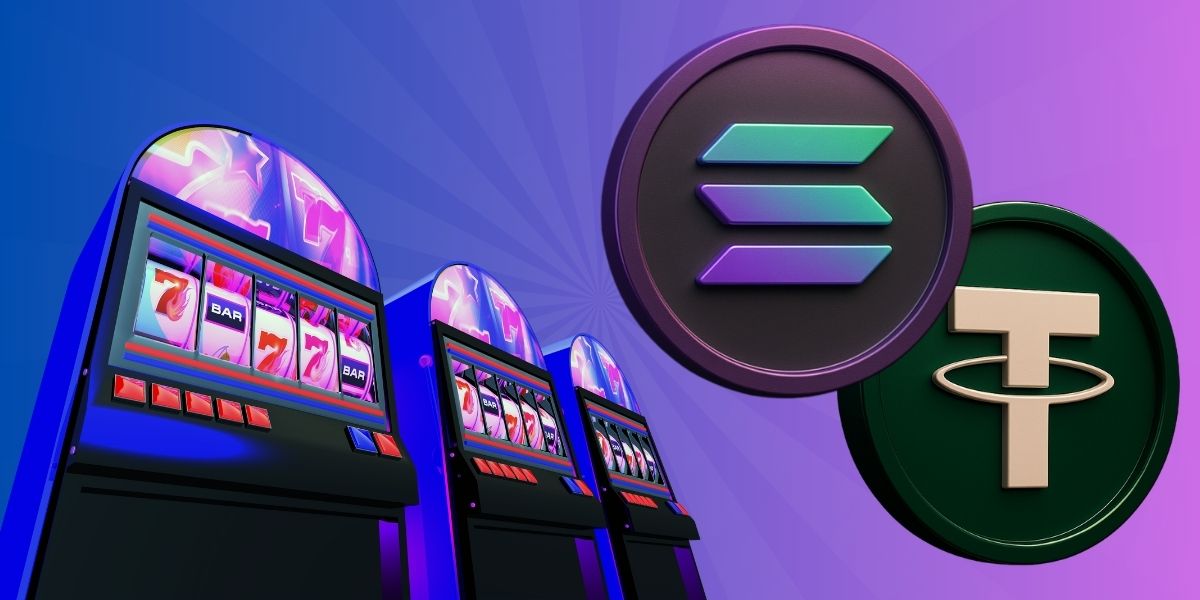
Gambling with Solana vs Tether: Is $SOL a decent alternative to stablecoins?
Solana’s decentralised exchanges now move more weekly volume than Ethereum’s mainnet.
That raw throughput, combined with sub-cent fees and instant confirmation, tempts crypto-casino players who value speed.
At the same time, stablecoins like Tether remain the default chip for gamblers who refuse price swings.
But is $SOL a decent alternative, or just another coin that wants, but can’t de-throne Tether?
🔑 Key takeaways:
- Tether remains the most popular stablecoin at crypto casinos
- Solana beats stablecoins on speed and fees
- Regulation is squeezing Tether out of the EU
- Solana may be a better alternative in the long term
Why stablecoins dominate crypto gambling?
Stablecoins remain the most used payment option in crypto casinos and it’s not just out of habit.
But why is that? Let’s see
Protection against crypto volatility
Bonuses, wagering requirements, and withdrawal limits are usually fixed in fiat-equivalent terms, and that’s where stablecoins shine.
If a casino asks you to wager €200 or 40x your bonus, it makes a difference whether your coin bounces 5–10% daily.
If you’re gambling with Tether, you won’t notice a difference, but your bonus value can dip in a bear market, in case you’ve picked a non-pegged cryptocurrency.
What you deposit today stays the same tomorrow. It’s a simple way to keep things stable and stress-free while gambling.
Tether remains the top choice
We’ve reviewed over 60 crypto casinos. More than 85% of them support Tether in one form or another. BEP-20 is among the most popular standards, thanks to the fast and cheap transfers.
On the other hand, Tron’s TRC-20 chain is still a valuable choice if you want to get away from Ethereum.
ERC-20 is still around, mostly for bigger players who don’t mind the $1–$2 gas fees.
Regardless of the network, USDT remains the most accessible and widely accepted coin for gambling at stablecoin casinos.
Seamless compatibility across platforms
Tether is everywhere. Whether you use Trust Wallet, MetaMask, or any hardware wallet, there’s no setup needed.
That ease of use is a major reason why new and experienced players alike stick with USDT. It just works.
Gambling with Solana – is it better?
Solana went from a niche network, to a DeFi beast: it’s quietly gaining ground in crypto gambling too.
Some of the biggest casinos already accept Solana, and for players who value speed and low fees, it’s an appealing option.
But adoption still trails far behind Tether. Our data shows that 32% of the reviewed casinos support it.
2.7 TIMES
From all the casinos we’ve reviewed, USDT shows up 2.67x more often than SOL.
However, there are some fundamentals where Solana outperforms Tether, and it is now also supported on MetaMask.
Instant transactions under $0.01
Solana handles transactions in under a second.
You pay less than $0.01 per deposit or withdrawal, and that’s not a typo.
Speed matters for players who move funds often or play time-limited promos.
No network congestion
Solana outpaces Ethereum on weekly DEX volume without choking the network. Even when traffic spikes, transactions stay fast and cheap.
Compared to Ethereum’s (and even Tron’s network at times!), which can slow down during high demand, Solana is built to scale and shows.
Supported by top-tier casinos
Despite the numbers, most of our top-rated crypto casinos already support Solana.
So if you want to try new games and deposit for almost nothing, you’ve got more than enough platforms to choose from.
Regulatory freedom
Stablecoins are easy to use – until regulation steps in. That’s exactly what’s happening in the EU right now, where MiCA forces exchanges to delist USDT and limit its usage.
You can still hold USDT in your wallet, but getting it onto or off an exchange is the real challenge.
For EU-based players, that’s a dealbreaker, mainly if you rely on CEX platforms to fund your casino accounts.
In contrast, Solana doesn’t have this problem.
It works across DeFi, CEXs, and casinos without compliance issues.
You can deposit instantly, with fees near zero, and no restrictions on how or where you use it.
Comparison table
| Feature | Solana | Tether |
|---|---|---|
| Network(s) Used | Solana | Ethereum, Polygon, BSC, Avalanche, Arbitrum, Optimism, Algorand, Tron |
| Transaction Fees | ~$0.0001–$0.01 (ultra low) | Depends on the network |
| Transaction Speed | ~400–600 ms finality | Depends on the network |
| Price Volatility | High (SOL fluctuates like most cryptos) | None (pegged to $1 USD) |
| Casino Adoption Rate | Moderate but growing | Extremely high – default option at most casinos |
| Chain Congestion | Rare, but spikes during hype events | ERC-20 can suffer congestion and high gas fees |
Final words
Solana is a strong alternative to stablecoins in crypto gambling.
If you’re tired of slow confirmations and rising fees, or you can’t access USDT anymore, SOL is more than just a Tether workaround – it’s an upgrade.
That said, if you prefer price stability and want full regulatory peace of mind, USD Coin is your best bet.
It offers similar benefits to Tether but is MiCA-compliant and already gaining ground across top casinos. It’s not as widely supported yet, but that’s changing fast.


